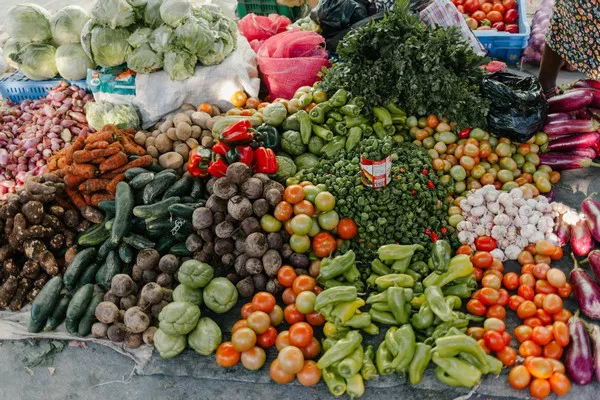Canada’s federal government is taking decisive action to address rising food prices and their impact on Canadian households, even as the food industry expresses concerns over the approach.
Prime Minister Justin Trudeau, speaking following a caucus retreat in London, Ont., emphasized the need to address the increasing challenges of inflation and its impact on Canadians. He called on the country’s major grocery chains to develop a plan aimed at stabilizing prices, asserting that record profits by large grocery chains should not come at the expense of families struggling to afford food.
Trudeau announced that the government will task the five largest grocery companies in Canada—Loblaw, Metro, Empire, Walmart, and Costco—with creating a plan to address this issue by Thanksgiving. He made it clear that if their proposed plan does not offer genuine relief to the middle class and those striving to join it, the government is prepared to take further actions, including potential tax measures.
This call to action comes in the wake of July’s food price inflation, which surged by 8.5%, albeit with a slight moderation in price growth compared to previous months. Major grocers have faced allegations of profiteering amid the high inflation, though executives from Loblaw, Metro, and Empire refuted these claims when appearing before a parliamentary committee investigating food inflation earlier this year.
In response to the government’s move, the Retail Council of Canada issued a statement asserting that grocers’ prices and profits are not driving the rise in food prices. Instead, the organization pointed to higher costs being passed on from food manufacturers and producers. They emphasized that any discussions regarding food pricing must involve all relevant stakeholders in the supply chain, including processors and manufacturers.
Industry Minister Francois-Philippe Champagne, who is leading the government’s efforts to address grocery prices, stated that the government would also engage with other segments of the food industry. He underscored the importance of clear deadlines and outcomes for Canadians, stating, “We’re going to bring them to Ottawa, talk to them around meaningful action, and if they fail to do so, there’ll be consequences.”
The Food, Health & Consumer Products of Canada, representing food producers, expressed concerns over both the timing of the government’s announcement and the potential use of tax measures. They cautioned that using taxation as a punitive measure on retailers, especially in the current economic climate, might have unintended consequences that could affect the entire food supply chain.
As the government and industry stakeholders engage in discussions and negotiations, the issue of food price stability remains a pressing concern for Canadians grappling with the impact of inflation on their everyday expenses.

